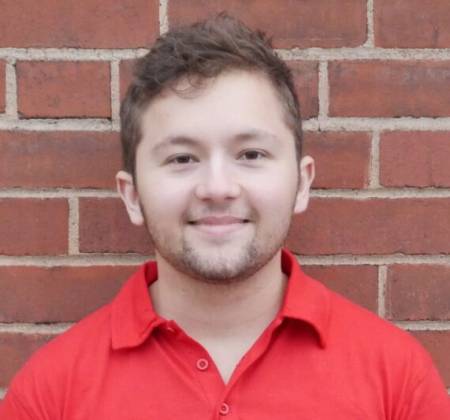Carnegie Mellon University
Simulation, Perception, and Generation of Human Behavior
Abstract: Understanding and modeling human behavior is fundamental to almost any computer vision and robotics applications that involve humans. In this thesis, we take a holistic approach to human behavior modeling and tackle its three essential aspects --- simulation, perception, and generation. Throughout this thesis, we show how the three aspects are deeply connected and [...]
The Clinician’s AI Partner: Augmenting Clinician Capabilities Across the Spectrum of Healthcare
Abstract: Clinicians often work under highly demanding conditions to deliver complex care to patients. As our aging population grows and care becomes increasingly complex, physicians and nurses are now also experiencing feelings of burnout at unprecedented levels. In this talk, I will discuss possibilities for computer vision to function as a partner to clinicians, and to augment their capabilities, across [...]
The Unusual Effectiveness of Abstractions for Assistive AI
Abstract: Can we balance efficiency and reliability while designing assistive AI systems? What would such AI systems need to provide? In this talk I will present some of our recent work addressing these questions. In particular, I will show that a few fundamental principles of abstraction are surprisingly effective in designing efficient and reliable AI [...]
Reliable and Accessible Visual Recognition
Abstract: As visual recognition models are developed across diverse applications; we need the ability to reliably deploy our systems in a variety of environments. At the same time, visual models tend to be trained and evaluated on a static set of curated and annotated data which only represents a subset of the world. In this [...]
Fake It Till You Make It: Face analysis in the wild using synthetic data alone
Abstract: In this seminar I will demonstrate how synthetic data alone can be used to perform face-related computer vision in the wild. The community has long enjoyed the benefits of synthesizing training data with graphics, but the domain gap between real and synthetic data has remained a problem, especially for human faces. Researchers have tried [...]
Carnegie Mellon University
Structured Learning for Robust Robot Manipulation
Abstract: Robust and generalizable robots that can autonomously manipulate objects in semi-structured environments can bring material benefits to society. Data-driven learning approaches are crucial for enabling such systems by identifying and exploiting patterns in semi-structured environments, allowing robots to adapt to novel scenarios with minimal human supervision. However, despite significant prior work in learning for [...]
Robotics and Warehouse Automation at Berkshire Grey
Abstract: This talk tells the Berkshire Grey story, from its founding in 2013 to its IPO earlier this year — the first robotics IPO since iRobot over15 years ago. Berkshire Grey produces automated systems for e-commerce order fulfillment, parcel sortation, store replenishment, and related operations in warehouses, distribution centers, and in the back ends of [...]
An Experimental Design Perspective on Model-Based Reinforcement Learning
Abstract: In many practical applications of RL, it is expensive to observe state transitions from the environment. For example, in the problem of plasma control for nuclear fusion, computing the next state for a given state-action pair requires querying an expensive transition function which can lead to many hours of computer simulation or dollars of [...]
Learning Model Preconditions for Planning with Multiple Models
Abstract: Different models can provide differing levels of fidelity when a robot is planning. Analytical models are often fast to evaluate but only work in limited ranges of conditions. Meanwhile, physics simulators are effective at modeling complex interactions between objects but are typically more computationally expensive. Learning when to switch between the various models can [...]
Leveraging StyleGAN for Image Editing and Manipulation
Abstract: StyleGAN has recently been established as the state-of-the-art unconditional generator, synthesizing images of phenomenal realism and fidelity, particularly for human faces. With its rich semantic space, many works have attempted to understand and control StyleGAN’s latent representations with the goal of performing image manipulations. To perform manipulations on real images, however, one must learn to [...]







